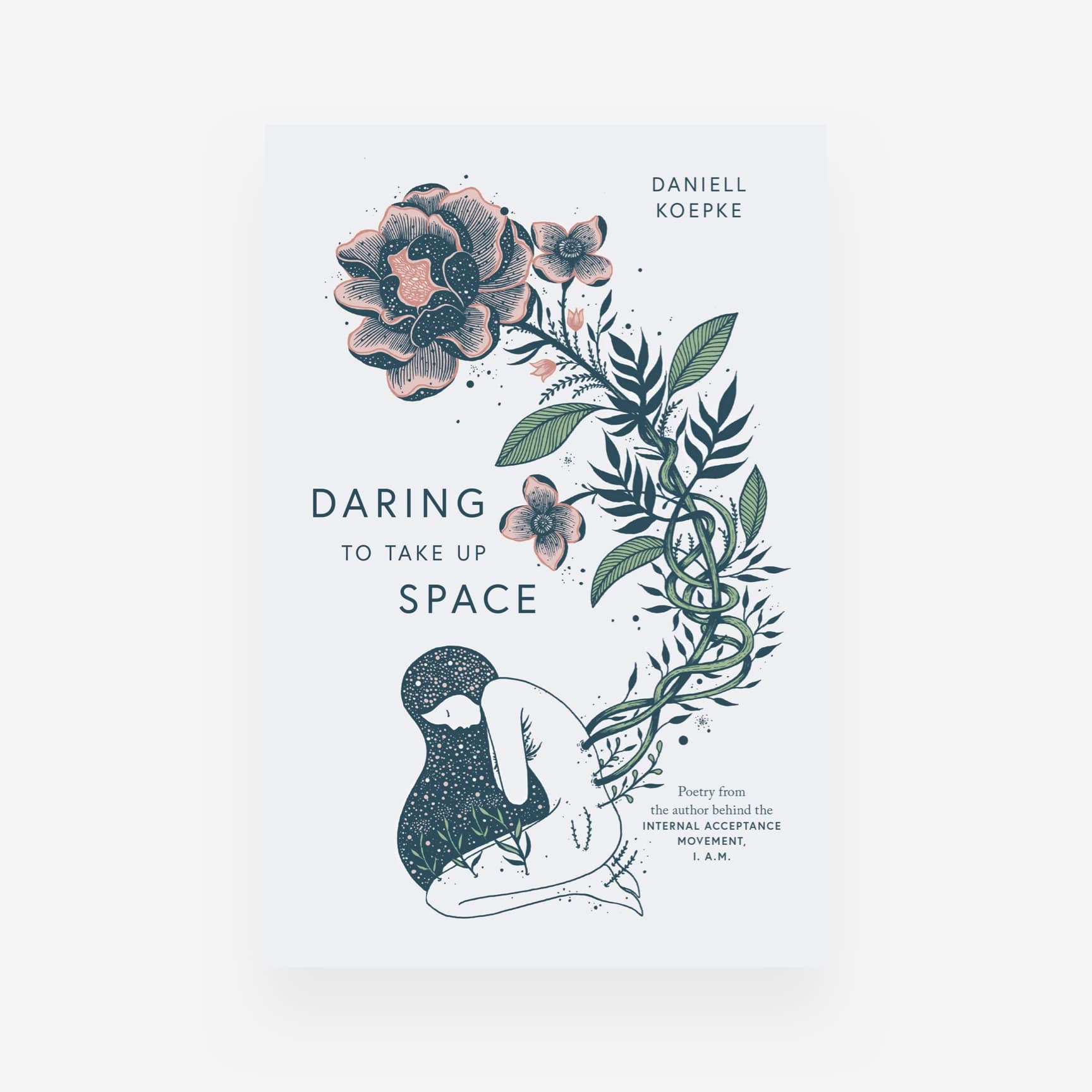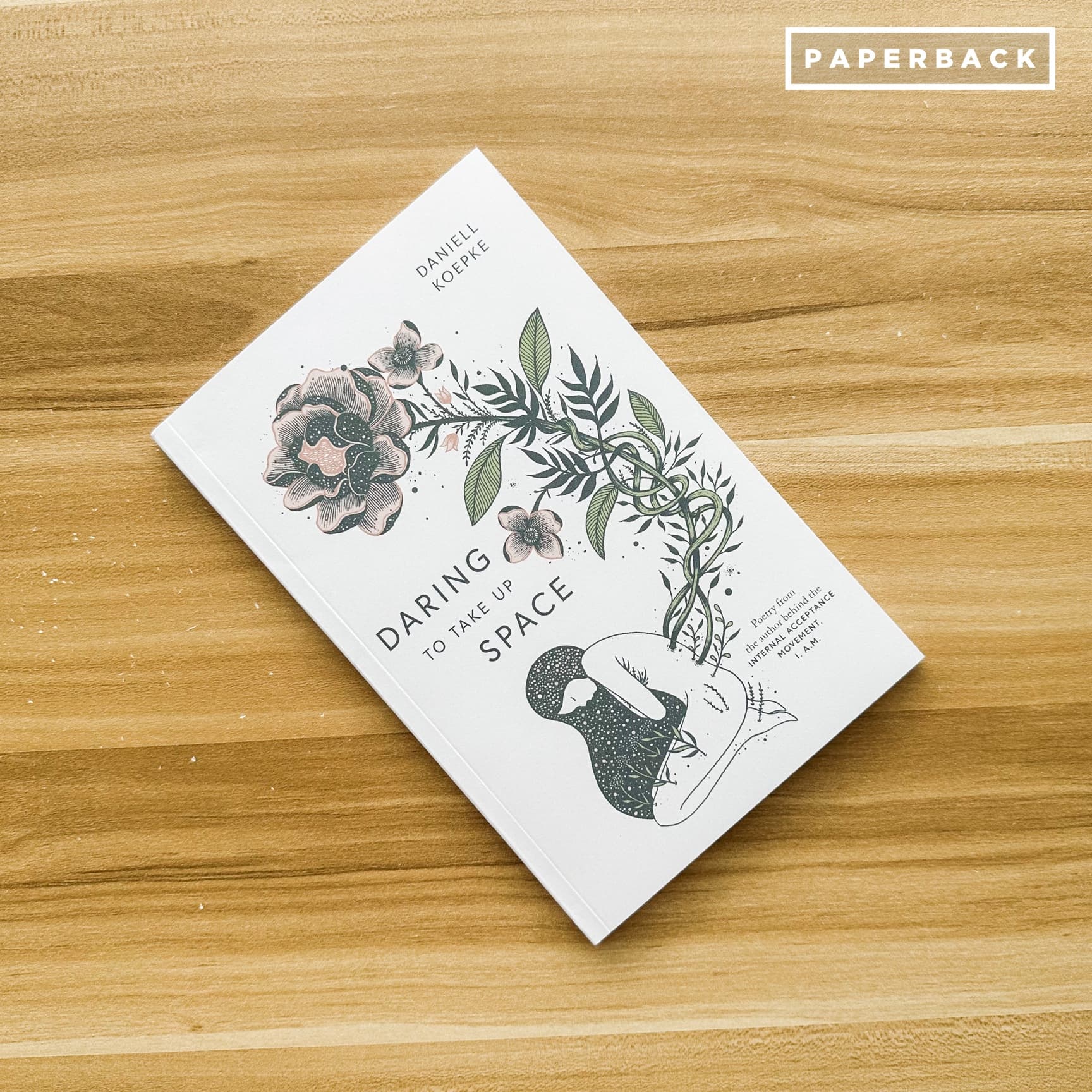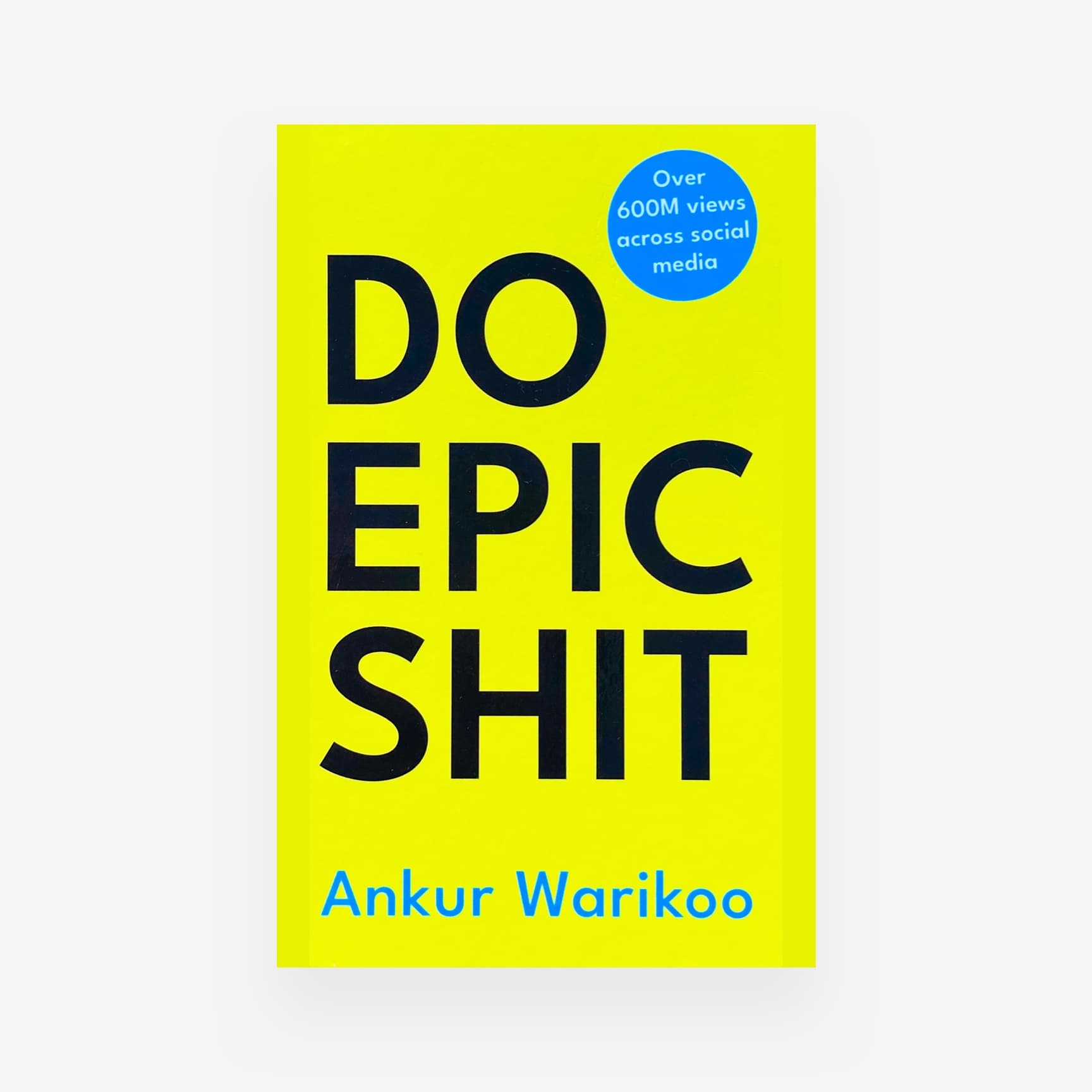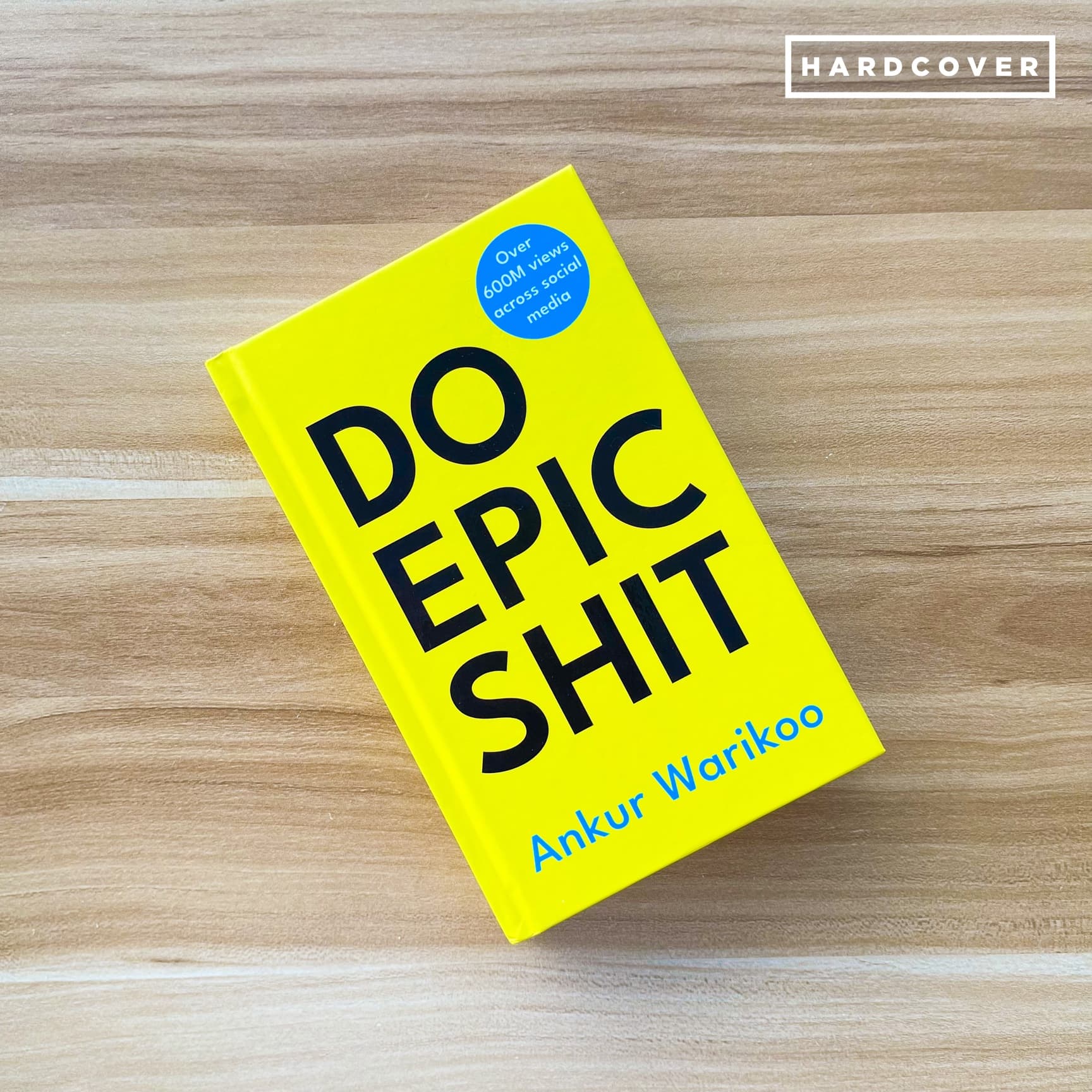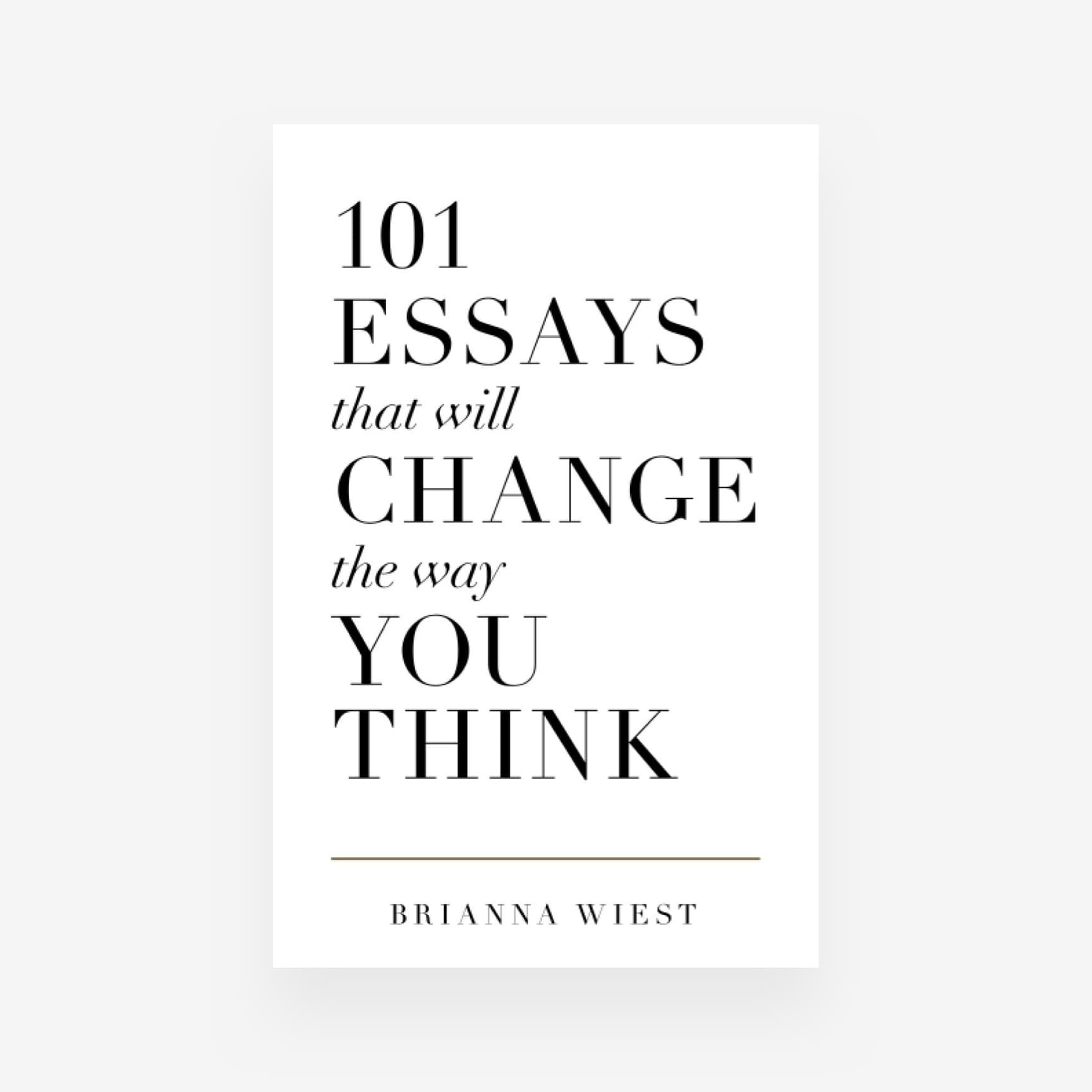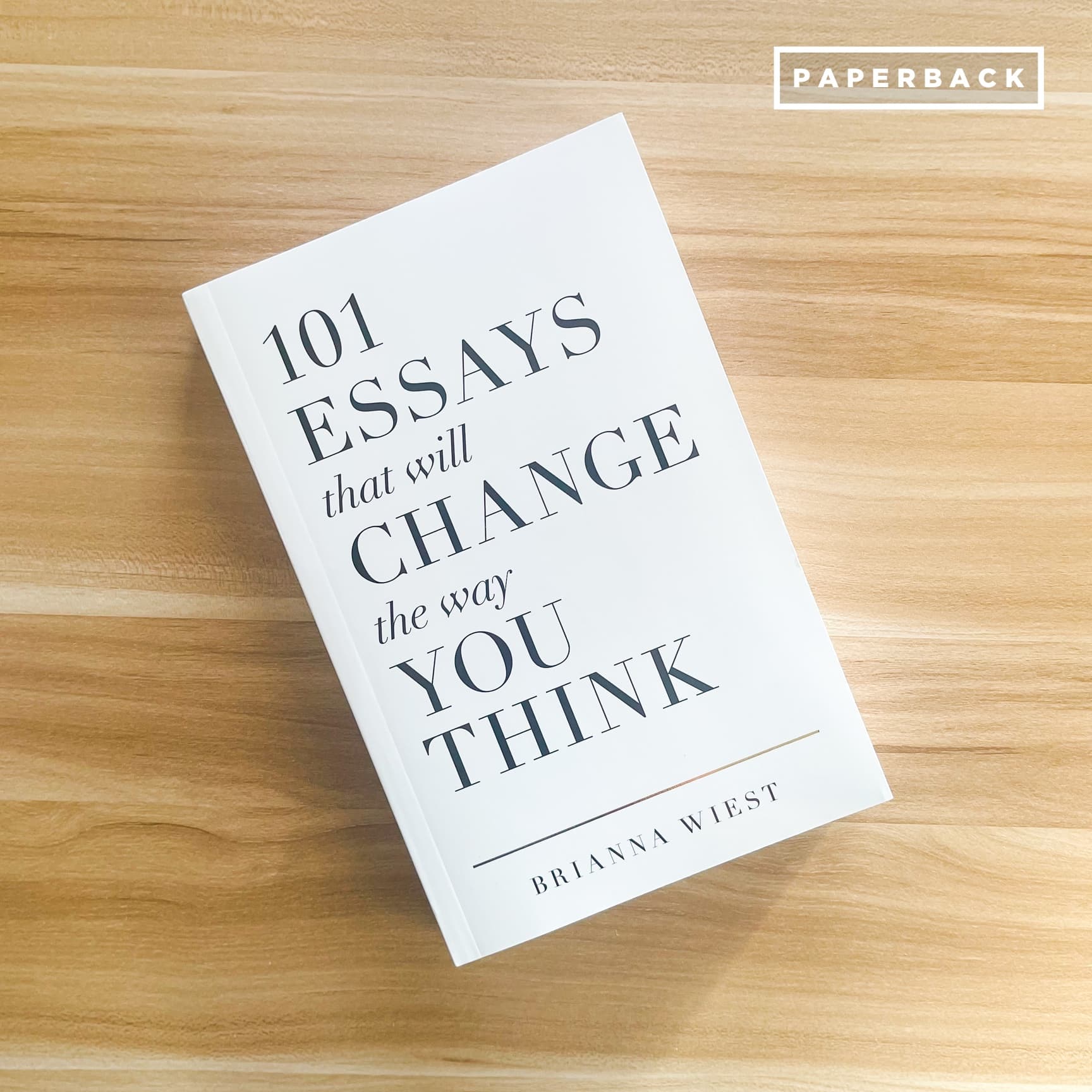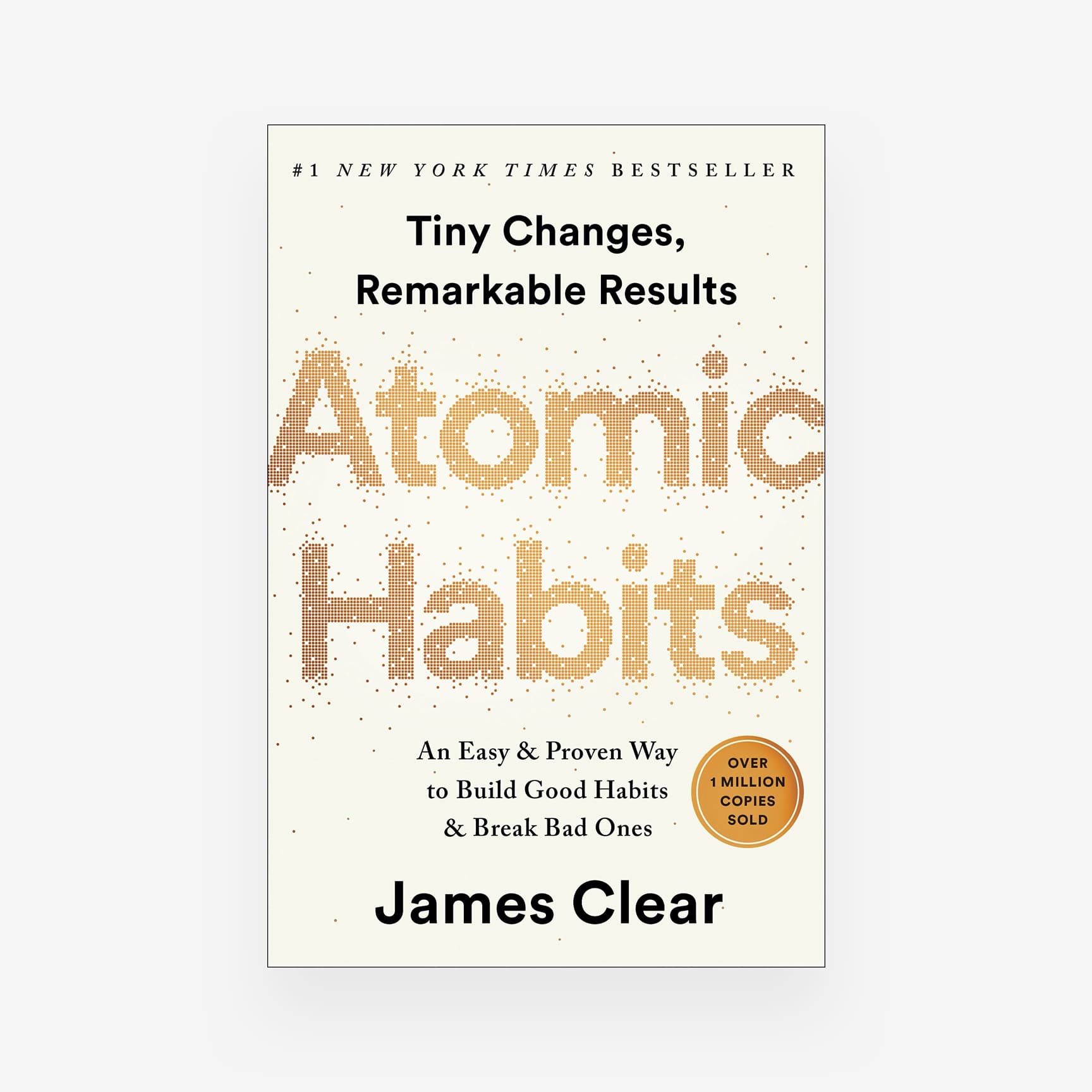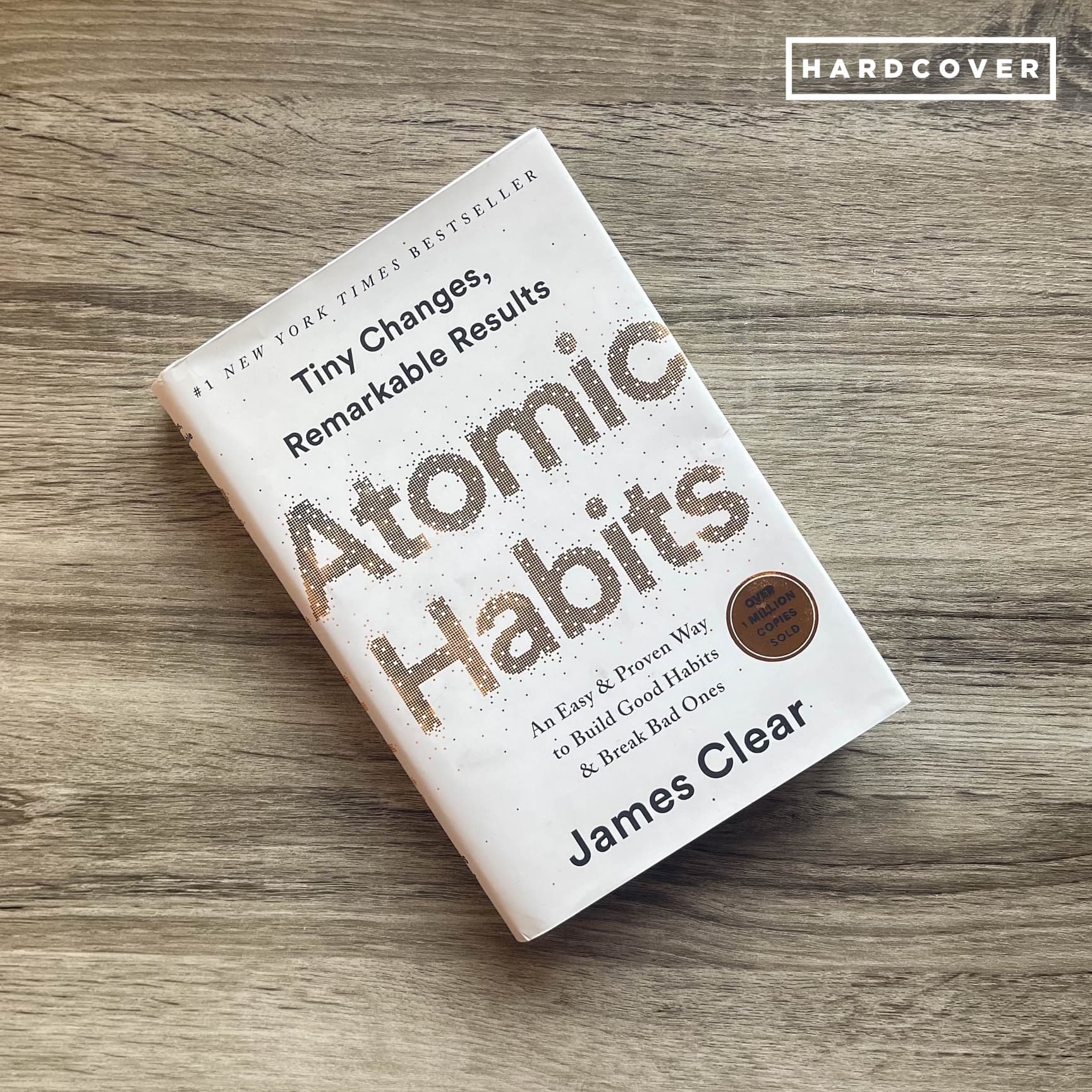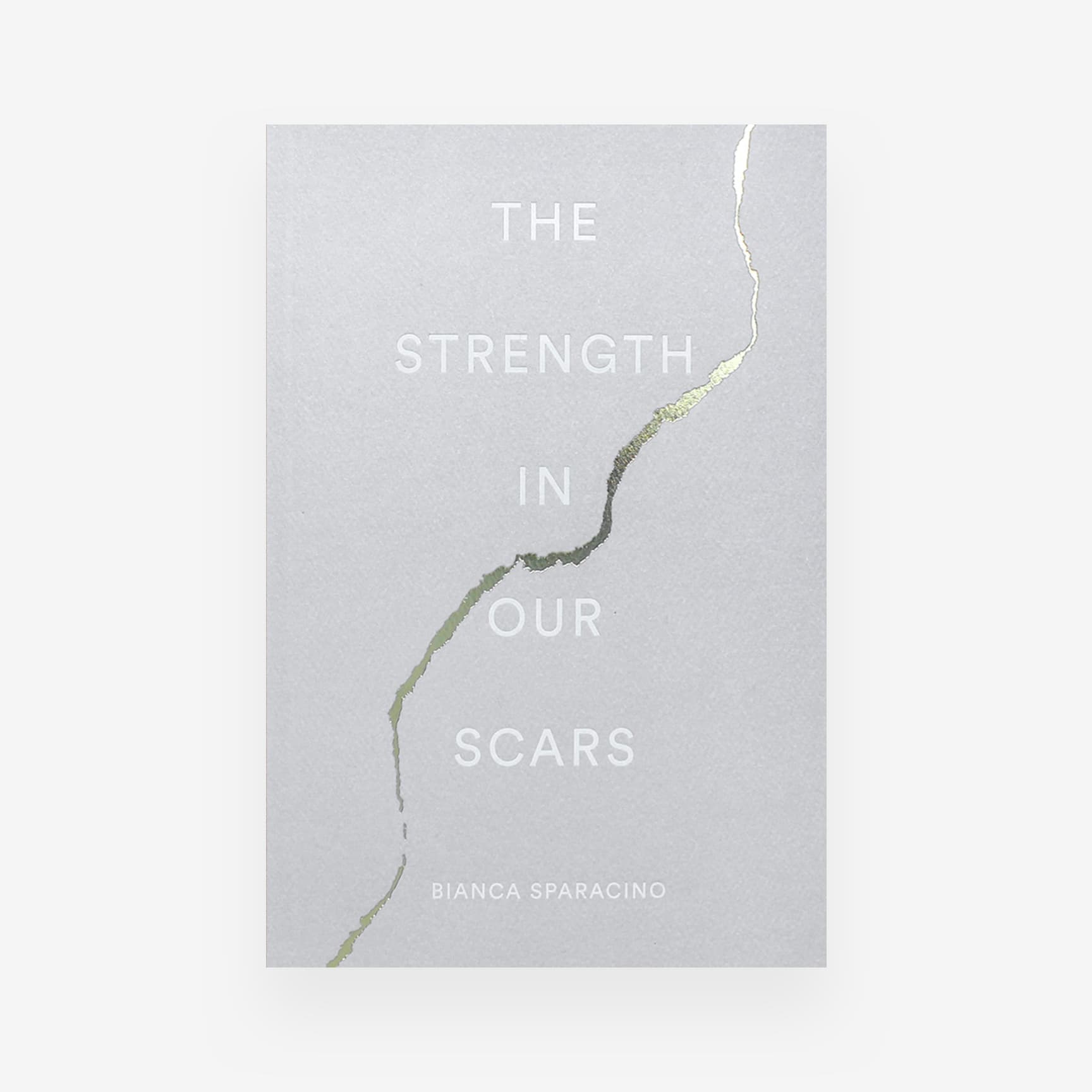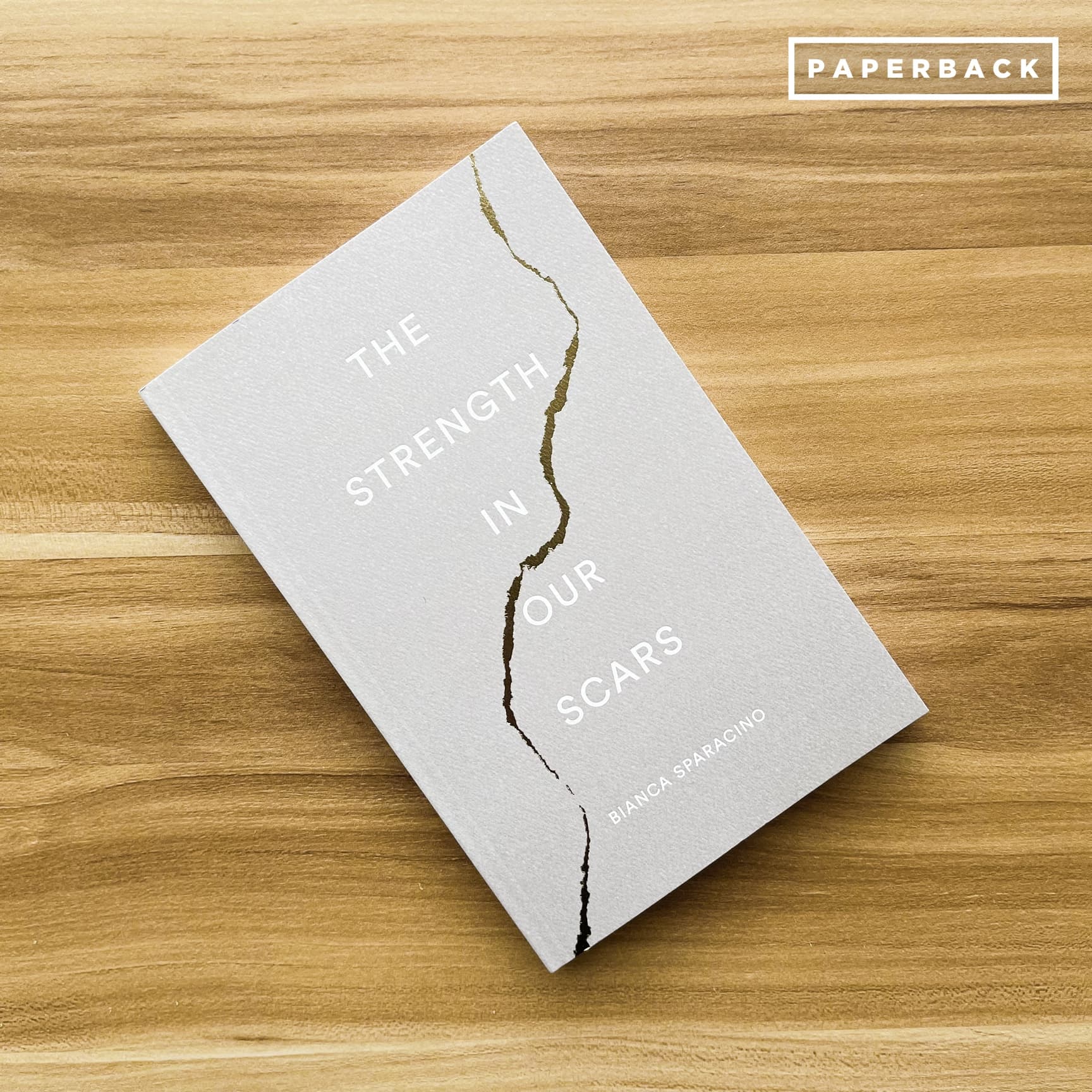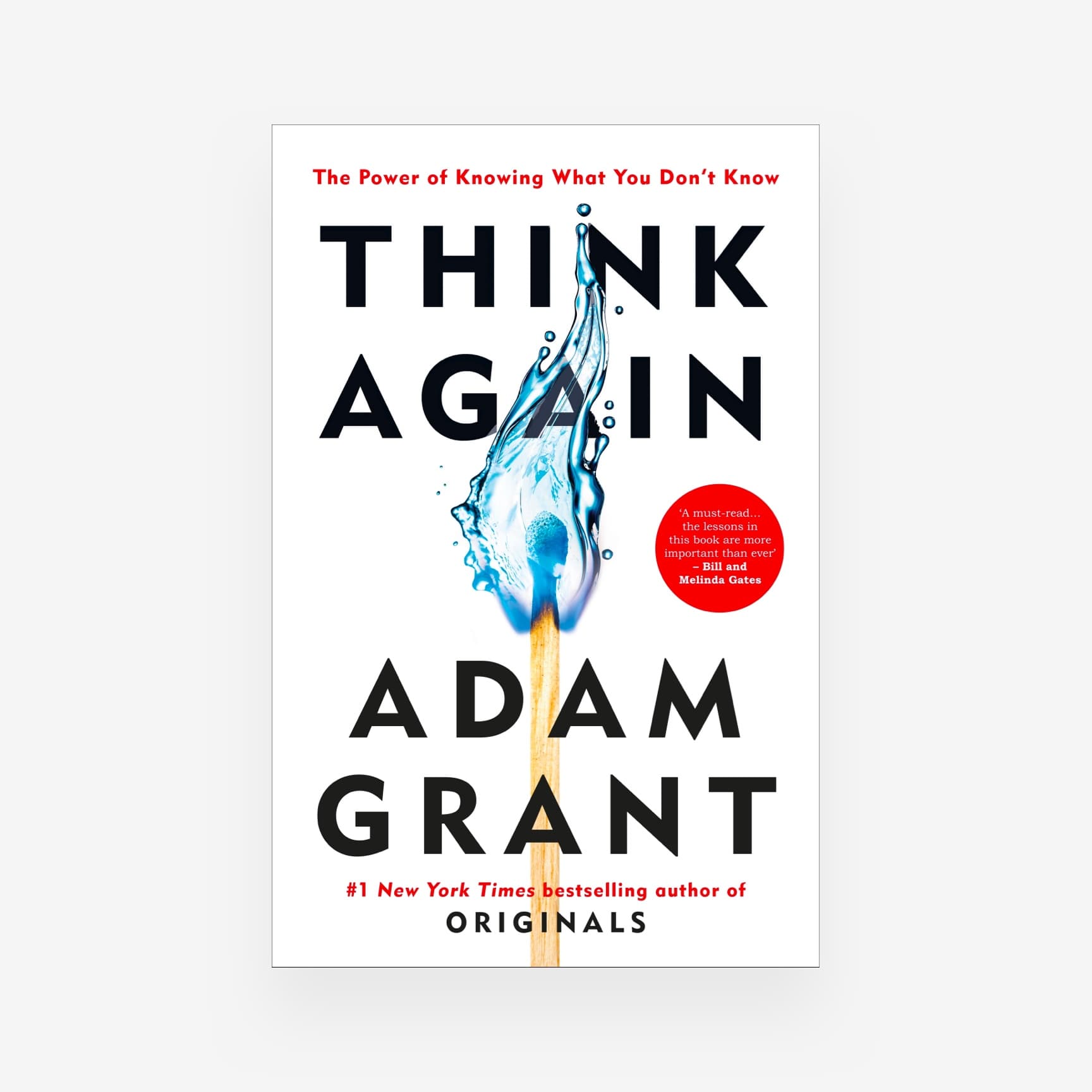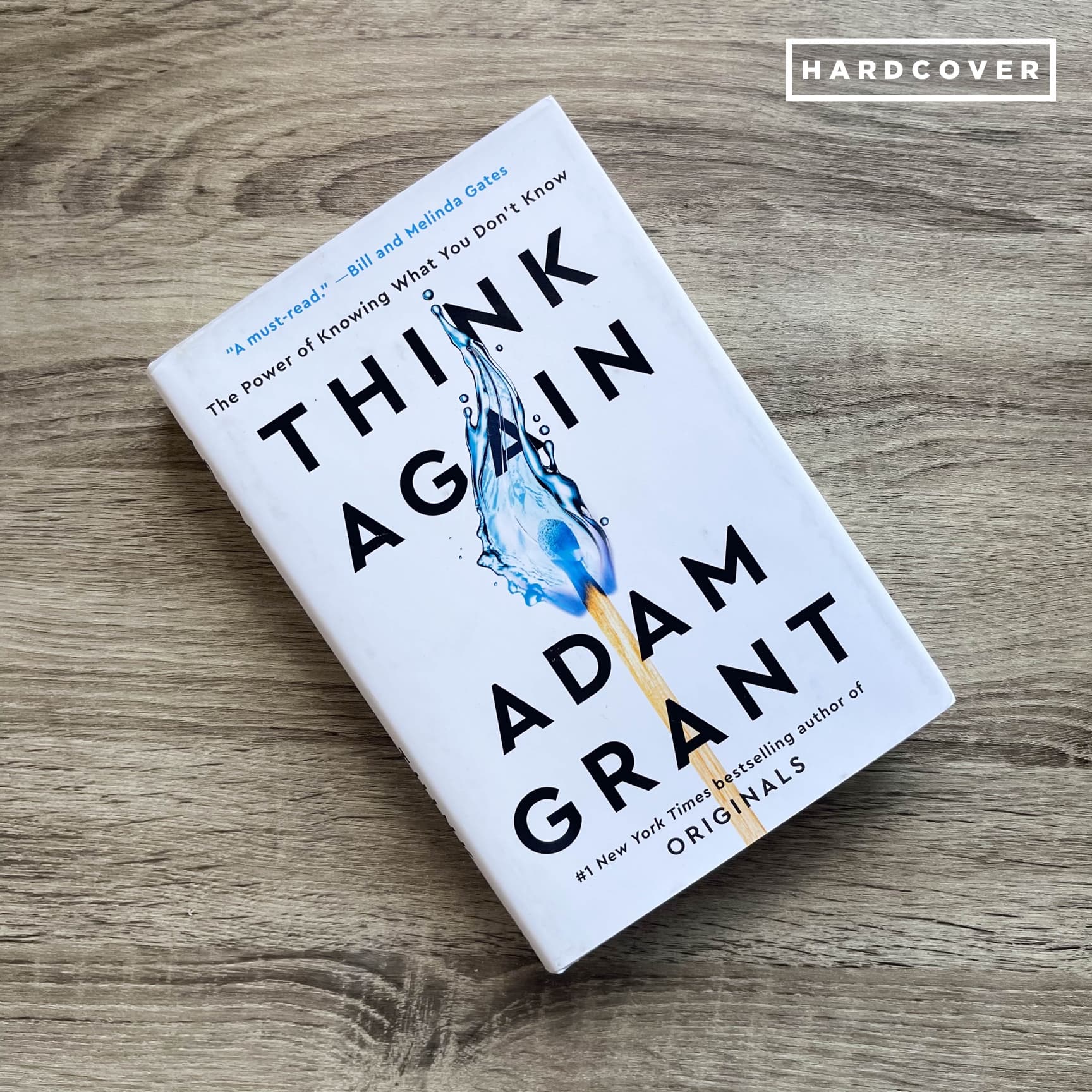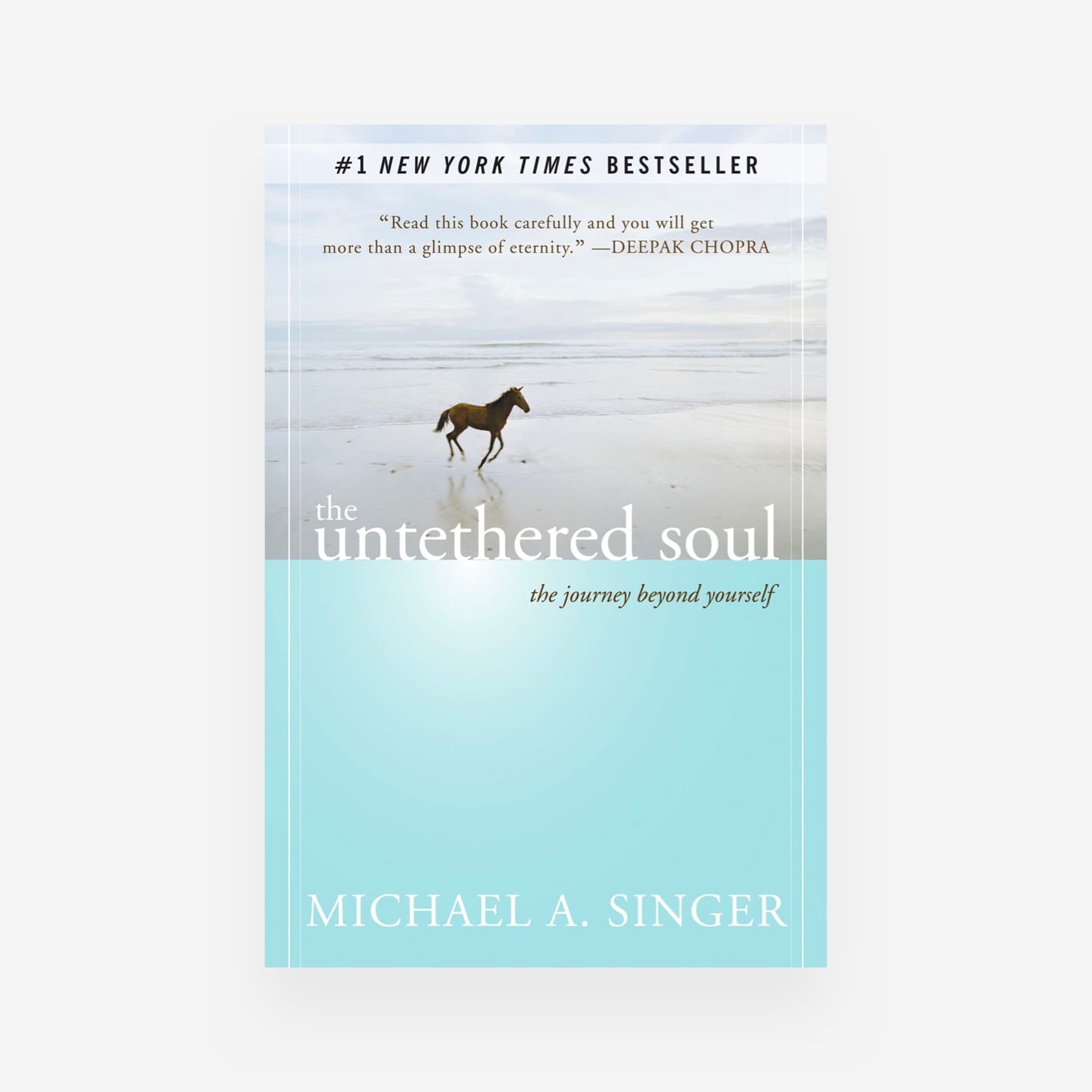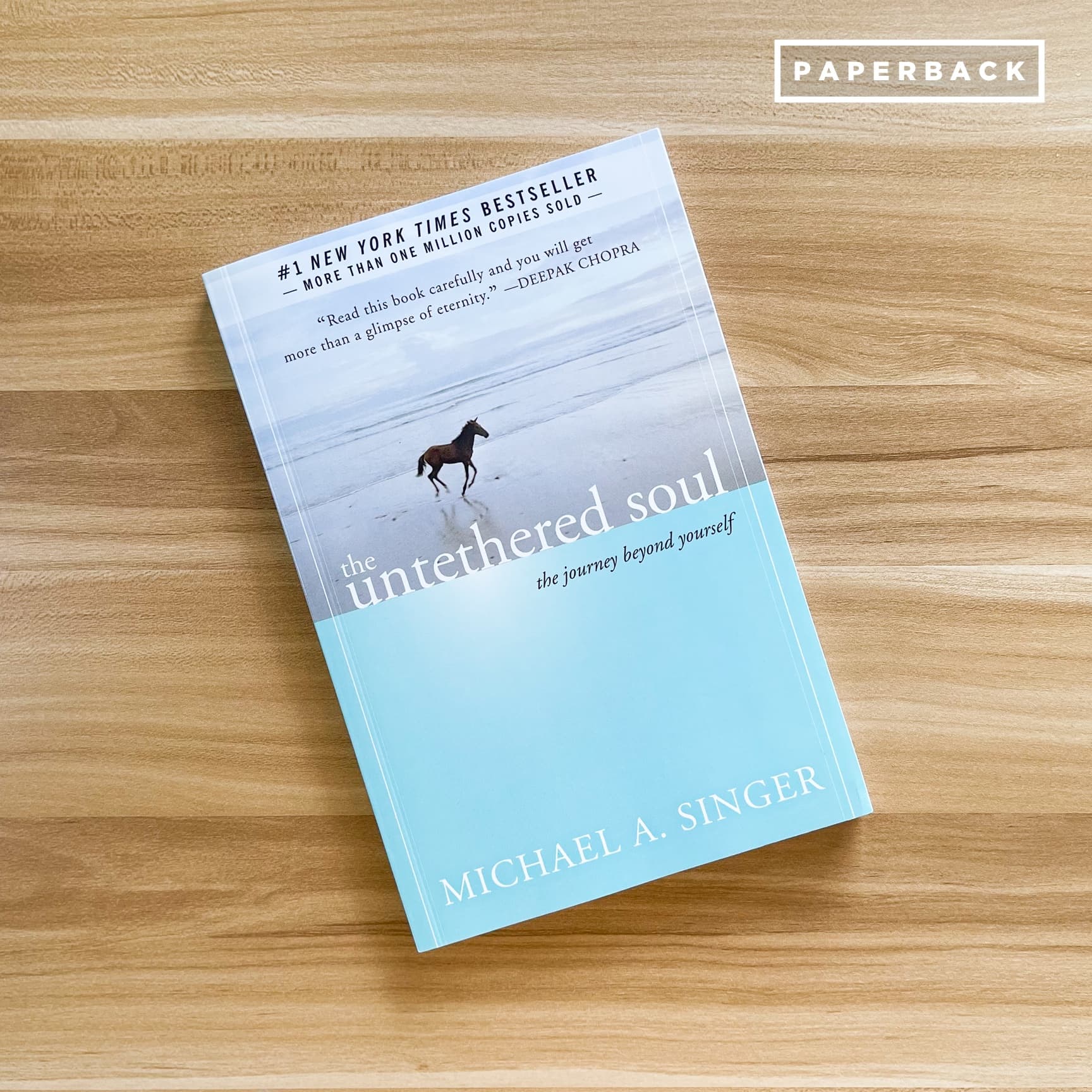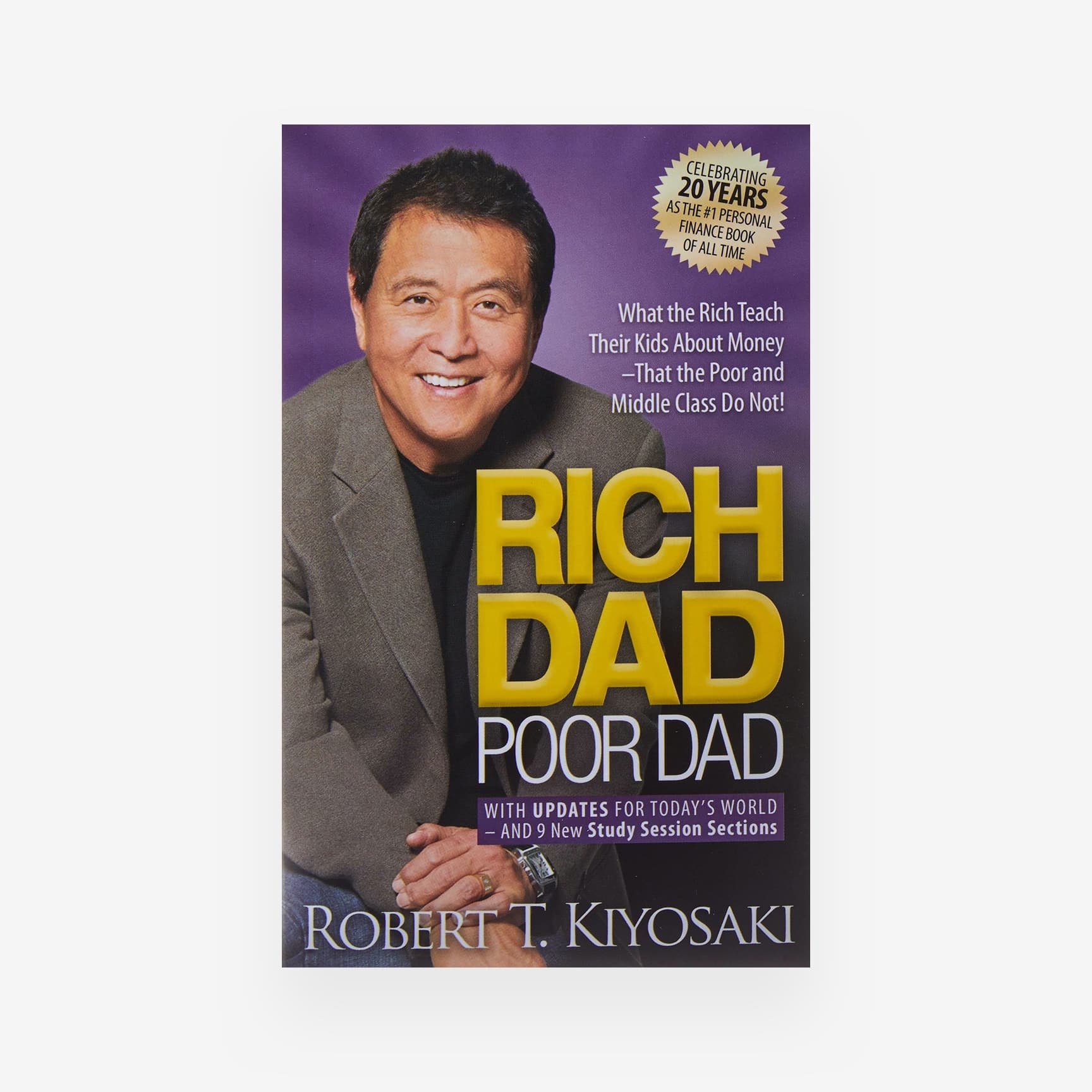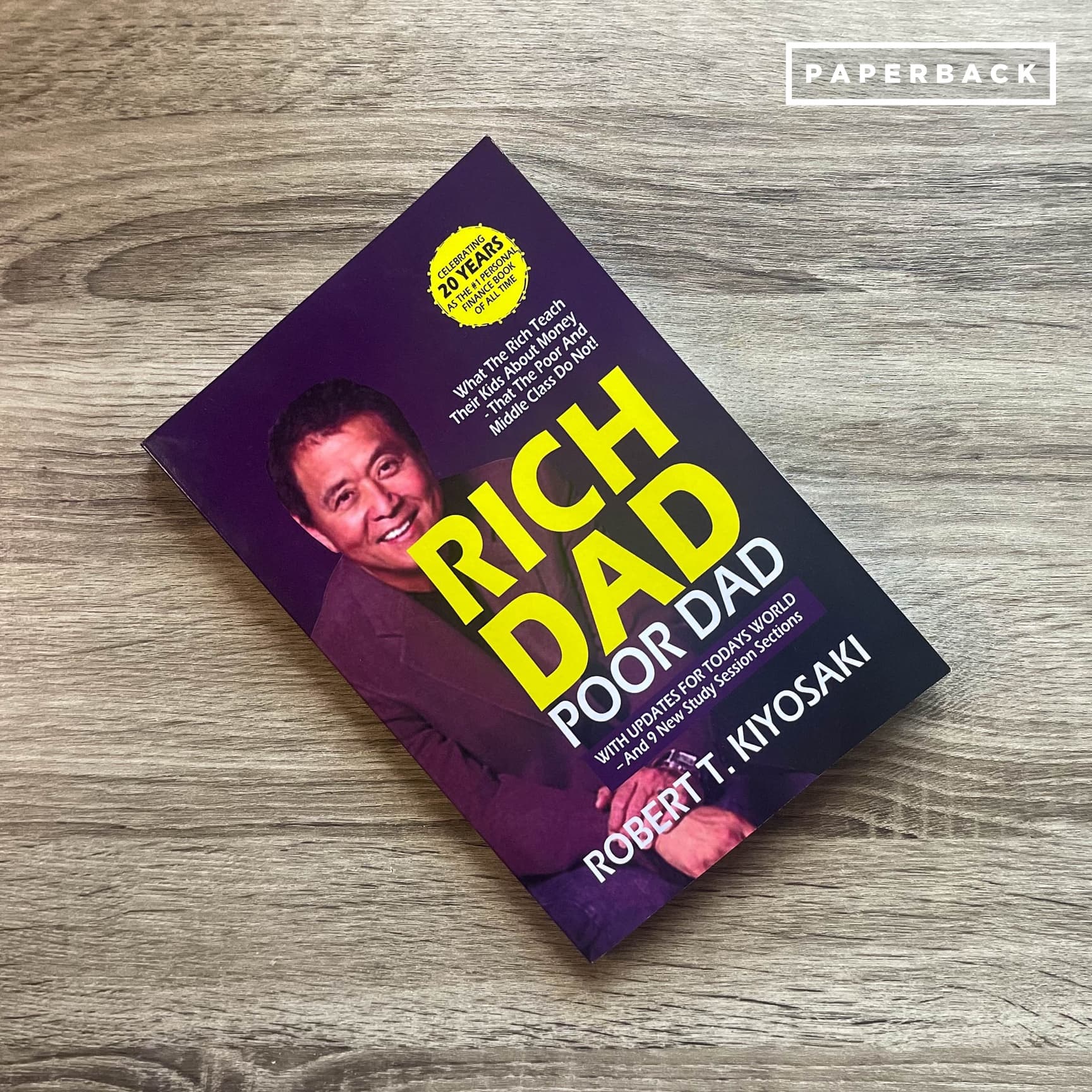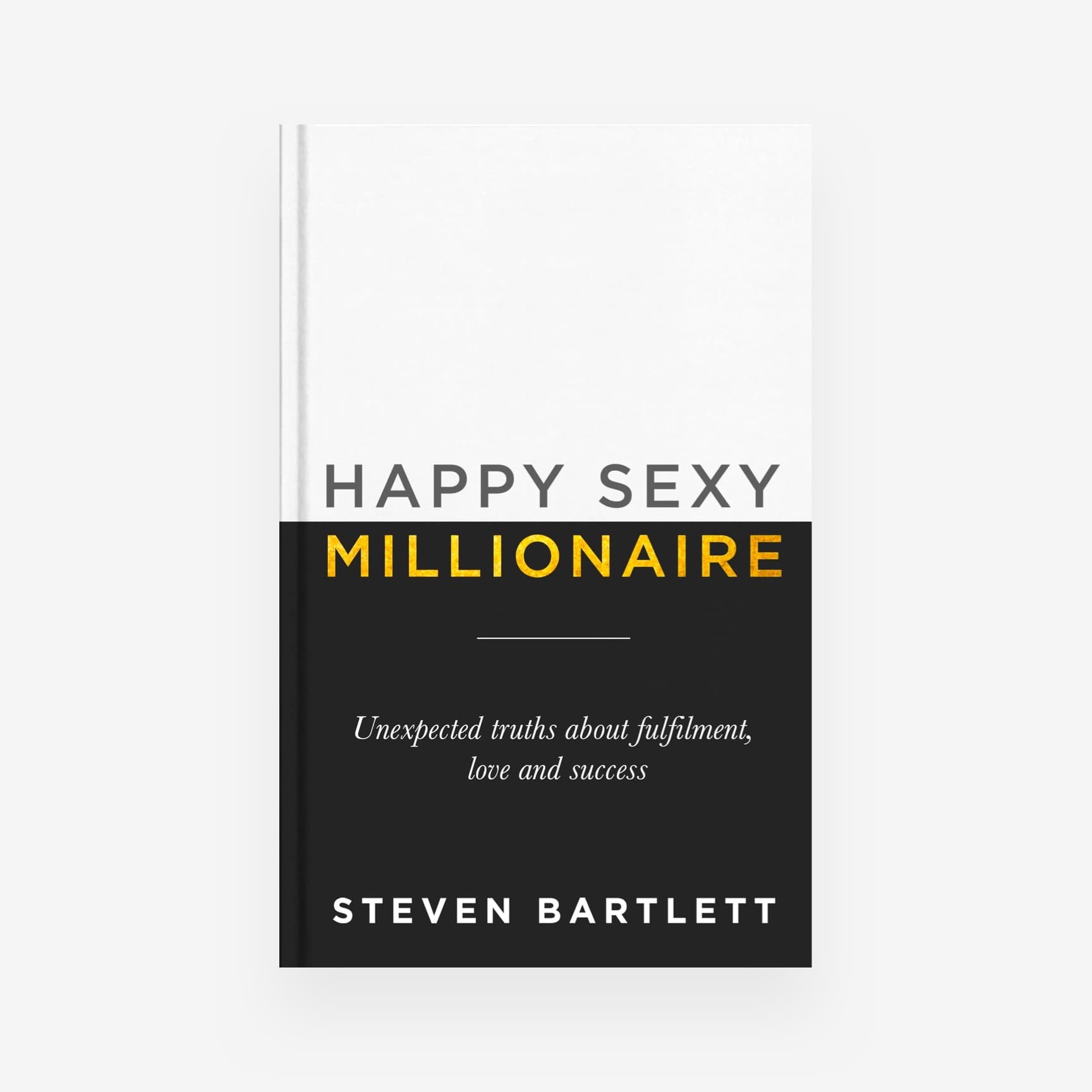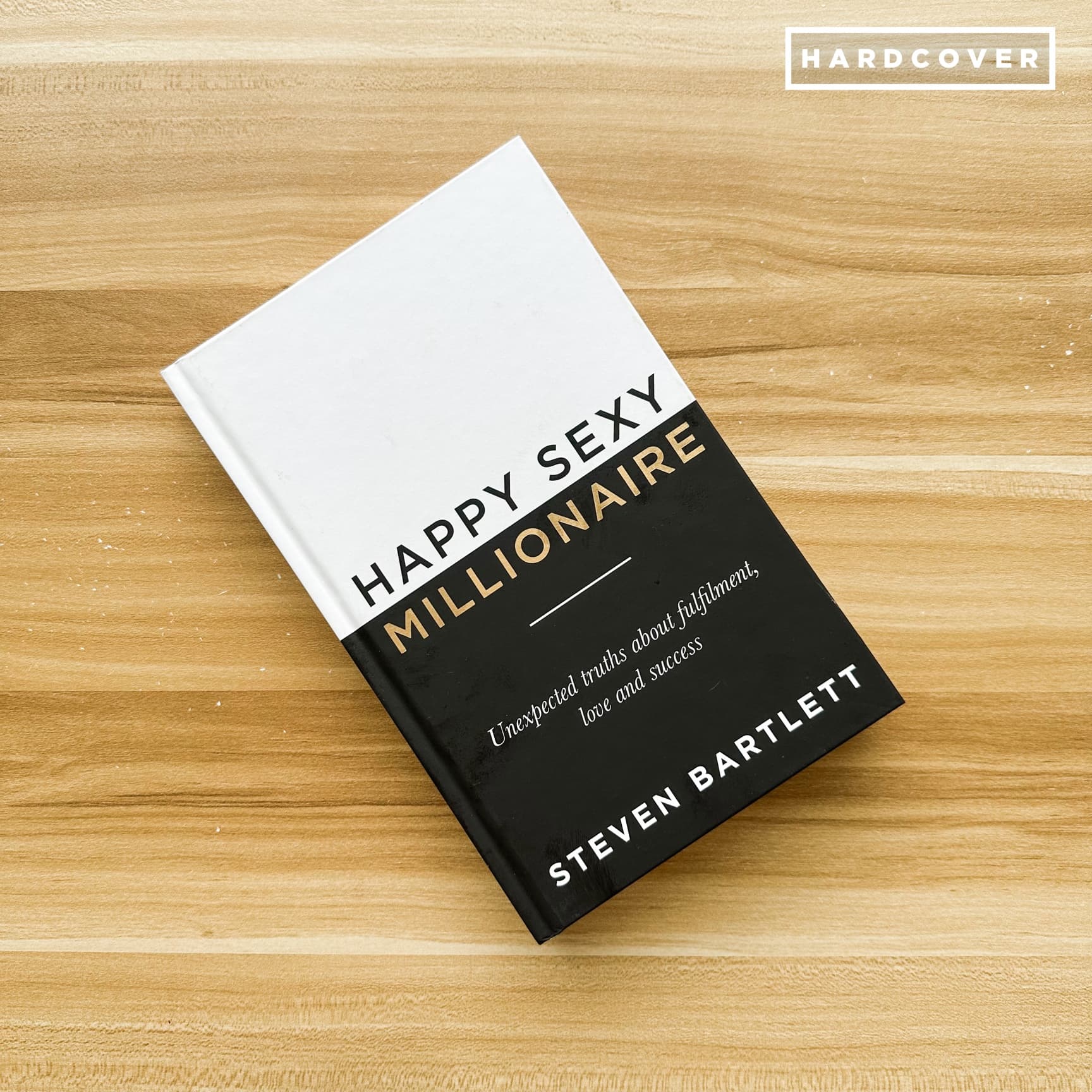The New York Times bestselling author examines the scathing art of rethinking: question unproven beliefs and open for afterthought, which positions you for wisdom in life and excellence at work.
Intelligence is perceived ad the capacity to learn and think, but we have forgotten the most important skill: the ability to unlearn and rethink. We filter messages based on what makes us feel good. Disagreements become a threat to our beliefs and not an opportunity to grow.
It looks harder than regular learning, but Adam Grant has tips for you to make rethinking possible. Let's find out in this article.

Photo from gregory.ph/
1. Balance humility and confidence.
In this chapter, Grant found out that both of these qualities can go hand in hand. Humility is about being grounded and acknowledging our flaws. Then, confidence is believing in our capabilities and self-belief.
When one can possess both humility and confidence, they have a sweet spot called Confident Humility. Resulting in a constant re-assessment of oneself while string to achieve new information to succeed.
2. Detaching personal ideas and beliefs.
Stay slightly detached. So, when you find out that you're wrong, it's easier to rethink and let go of old beliefs. Our beliefs and ideas shouldn't be reflected on our identity— especially that ego makes it harder to accept when we are corrected.
3. Think like a scientist.
The author says a scientist is in a constant rethinking loop that encourages the discovery of new knowledge. They never let their ideas become their ideologies.
You don't have to be a scientist by profession to have this mindset. It takes an insatiable curiosity and humility to be open-minded to new information. Seeking the truth should be perceived as a great experience to have.
4. Look at the HOW and not WHY.
Conflict and disagreeableness aren't bad as some would think. But whenever you let your emotions get the best of you, that becomes damaging and dangerous. To avoid this, he recommends rethinking the context of arguments and disagreements. WHY conversations are sometimes ego and emotional led, unlike the HOW that changes the perspective.
Once you start asking HOW we recognize the gap in our knowledge. Thus, be more amenable to exploring various choices.
5. Negotiate well and win debates.
A debate helps the audience judge fairly and rethink. Meanwhile, negotiations led to better and more collaborative results.
Instead of attacking their weakest argument, concede to their best points. As a result, this signals the other opponent that you aren't biased and close-minded. Then, by acknowledging their argument, you motivate them to do it, too.
6. Breaking prejudices and stereotypes.
It's an innate nature for us to seek status and belonging. The stereotypes usually have feeble foundations. They are firm with their ideals because no one dared to question them. When you try to interact with them. you'll realize how baseless and nonsense your prejudices are. Fortunately, it's possible to have a change of heart when working with a small set of individuals.
7. Motivational Interviewing.
We all have a primal need for autonomy. Being told what we should do irritates us, even if it's a better choice. With that said, we can't motivate people to change, but we have a better chance of finding their motivation to do so.
A concept that grant believes to help change the mindsets of people. This is achieved by asking open-ended questions, participating in reflective listening, and affirming their desire to change.
8. Identify foreclosure and career planning.
Stop forcing children to choose something. On the contrary, let them explore various choices and discover great alternatives. We must encourage them that career isn’t identities that make them who they are, rather, are actions to take.
Many books agree that the more options we try, the more likely we find something that's successful and fulfilling at the same time.
If you are reading this now, surely you've found the concepts interesting. This is your sign to read the entire book Think Again


